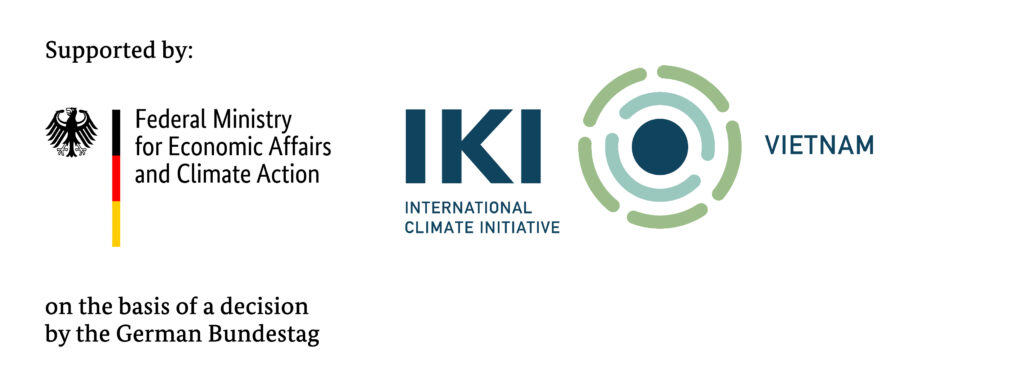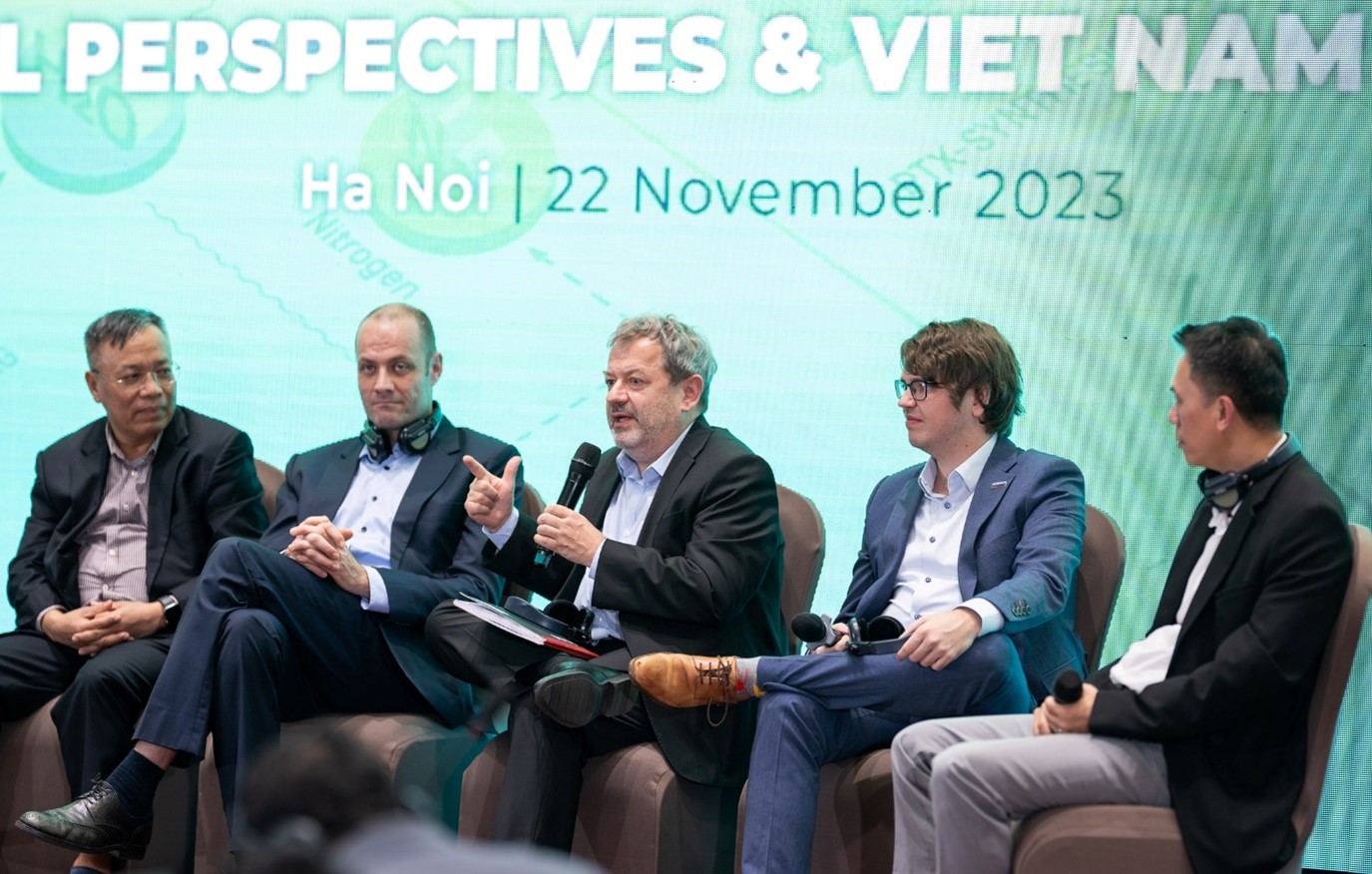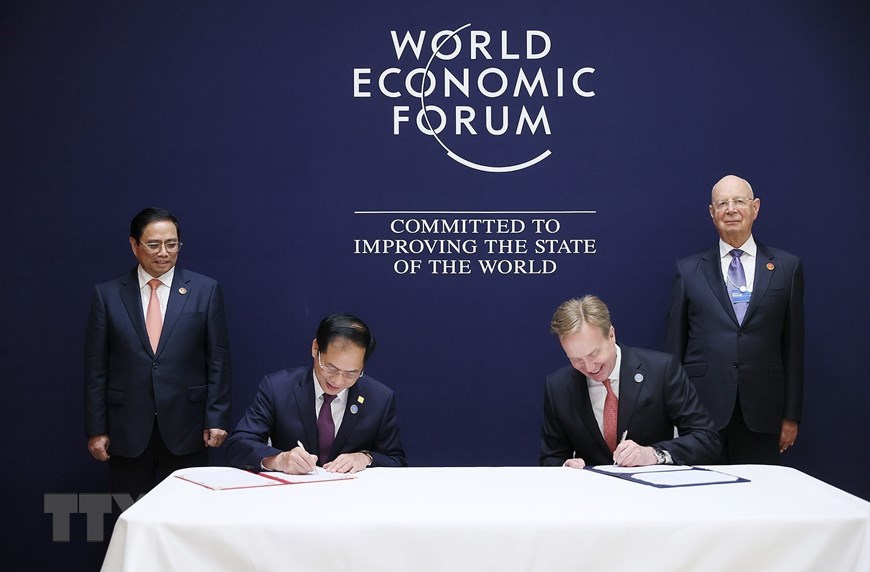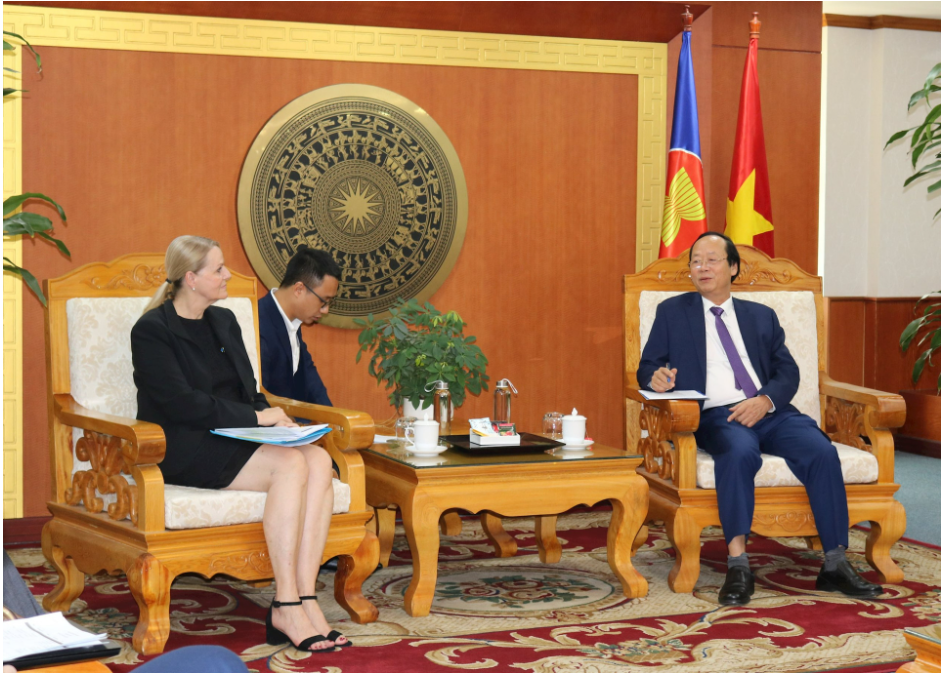Southeast Asia is one of the most vulnerable regions to climate change in the world, it is facing rising sea levels, increasing tropical storms, severe floods, and droughts that are threatening coastal and urban communities alike. On 11 November, at COP27, the Southeast Asia Energy Transition Partnership hosted a roundtable discussion on the decommissioning of coal-fired power plants in the region. This event took place in the context that emerging economies of Southeast Asia over the past decade have constantly grown while the demand for electricity that is mostly generated by fossil fuels, has witnessed a considerable increase. The main purpose of this discussion is to have a deeper understanding on reaching the net-zero goal by the middle of the century by decommissioning the coal-fired power plant and to point out the challenges of ending the regional dependence on fossil fuels.
The roundtable discussion was attended by Mr. Pramudya, Directorate General of Electricity, Ministry of Energy and Mineral Resources, Indonesia; Mr. Tang The Cuong, Head of Climate Change Department under the Ministry of Natural Resources and Environment; Mr. Abhishek Bhaskar, Program Lead of Climate Change Funds – Accelerating Coal Transition and the partner of the Energy Transition program in Southeast Asia including the French, Candian, British, and German government.
Mr. Pramudya shared the adoption of a policy of closing the coal-fired power plant and reducing the high renewable energy cost. Additionally, according to the updated Indonesia’s NDC 2022, the reduction of CO2 emission will increase from 29% to 31.89%. In case receiving the international support, this number can surge to 43,2% in 2030 and reach the net-zero emission goal by 2060. However, Mr. Pramudya insisted that this planning would be possible if Indonesia could provide an alternative electricity system at the appropriate price to the population.
As for Viet Nam, the country needs to implement an energy transition planning if the country wants to reach the net-zero goal by 2050. Viet Nam has a great opportunity to develop wind power that can gain a capacity of 600GW. By negotiating with G7 on JETP, the country has faced some challenges such as: lack of transition energy technology, financial funding for the new coal-fired power plant that was built recently but would be closed due to the environment policy.
Being an expert from Climate Change Funds – Accelerating Coal Transition, Mr. Abhishek Bhaskar addressed his experience in financial source mobilization and encouraged Southeast Asia countries to build up the detailed strategies for each sustainable goal such as: carbon emissions reduction, NDC document and partnership collaborations to get a more detailed picture of how to achieve each target.





